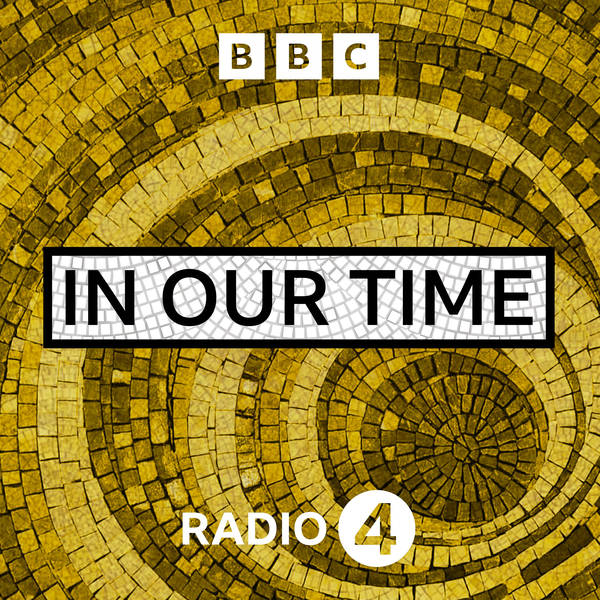
Maths in the Early Islamic World
Melvyn Bragg and guests discuss the flourishing of maths in the early Islamic world, as thinkers from across the region developed ideas in places such as Baghdad's House of Wisdom. Among them were the Persians Omar Khayyam, who worked on equations, and Al-Khwarizmi, latinised as Algoritmi and pictured above, who is credited as one of the fathers of algebra, and the Jewish scholar Al-Samawal, who converted to Islam and worked on mathematical induction. As well as the new ideas, there were many advances drawing on Indian, Babylonian and Greek work and, thanks to the recording or reworking by mathematicians in the Islamic world, that broad range of earlier maths was passed on to western Europe for further study.
With
Colva Roney-Dougal Reader in Pure Mathematics at the University of St Andrews
Peter Pormann Professor of Classics & Graeco-Arabic Studies at the University of Manchester
And
Jim Al-Khalili Professor of Physics at the University of Surrey
Producer: Simon Tillotson.
